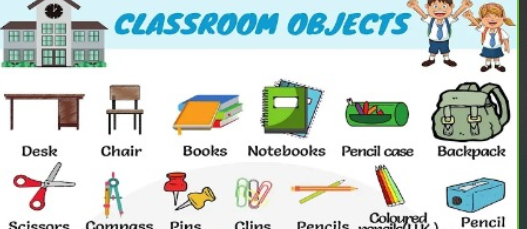
A recent survey reveals an unexpected perspective among parents regarding the use of Educational Slang in classrooms – and it’s not just talk.
READ: OAS to Step in as Mediator in Guatemala’s Power Transition Crisis
Educational Slang
According to findings from online language learning platform Preply, more than 3 in 10 parents of K-12 students advocate for integrating slang terms into school curricula. The report, which canvassed over 1,000 parents across kindergarten to 12th grade, delved into attitudes towards whether slang impedes or enriches learning and writing skills in young students.
Sylvia Johnson, Preply’s Language and Intercultural Skills Expert, highlighted the potential drawbacks of outright banning slang, suggesting it could inhibit language development and cultural expression. She emphasized the role of slang in linguistic evolution, positing that it fosters dynamic and vibrant engagement with language, with all forms of language – including slang – holding inherent value and meaning.
Interestingly, the survey also uncovered significant parental interest in formal education on slang, with nearly 2 in 5 parents expressing willingness to enroll in a class dedicated to the study of slang terms. The report provided a breakdown of the percentage of parents from various U.S. states who would consider enrolling in “Slang 101,” with New York leading at 57%, followed by Florida (43%), California (42%), Texas (36%), Georgia (31%), and Pennsylvania (30%).
However, educators’ views on slang usage are divided. While a majority of teachers (78%) believe they should have authority over students’ language in educational settings, 2 in 5 teachers oppose a blanket ban on slang in classrooms. Nearly 40% of teachers perceive slang as facilitating students’ comfort in self-expression, while 36% view it as a means to reflect and honor cultural identity.